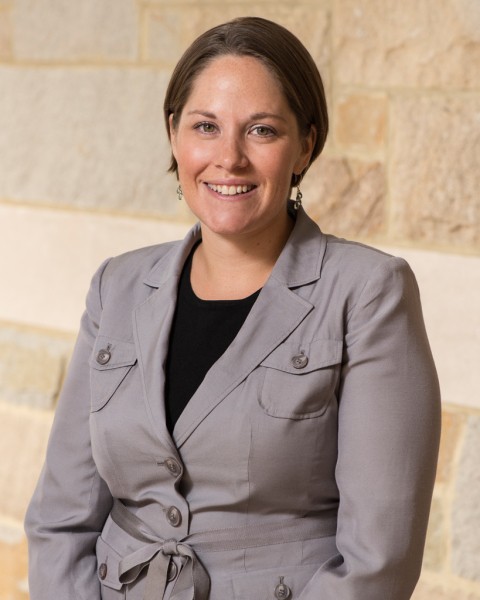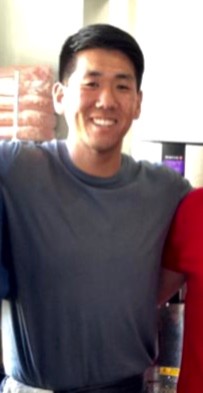
This year’s cohort of HRSA grantees.
Last year, then Associate Professor Marylou Sudders was awarded a major grant from the Health Resources and Services Administration (HRSA) of the US Department of Health and Human Services. The award, totaling $664,000, was earmarked for a program to provide critical on-the-ground training for second-year master’s level students at BCSSW, while providing vital support to local health care providers and agencies adapting to new requirements set forth by the Affordable Care Act (ACA).
During 2015-2016, the program enters its second academic year, with a new cohort of 20 grantees who are receiving experiential inter-professional behavioral health training in primary care settings across the city of Boston. Here, we introduce you to two of those students.
Julia MacMahon

Julia MacMahon
A juvenile justice and youth advocacy graduate from nearby Wheelock College, Julia MacMahon has worked in the non-profit sector since 2001. While she already has 15 years of experience in the field that interested her, the Dallas, Texas native decided to come to BCSSW for one major reason – to improve her leadership skills. The school’s macro program was a major draw, and Julia says she has flourished thanks to the tutelage of professors such as Tiziana Dearing who has been instrumental in helping Julia to begin to understand how to be a leader for social change.
Julia’s HRSA placement is at Boston Children’s Hospital (BCH), where she works in its government relations office. At BCH, Julia has played an important role in preparing testimony, providing support at hearings, and organizing grassroots education around the hospital’s current legislative priorities. She’s also collecting and compiling data for a research project on children’s access to services being conducted by the Children’s Mental Health Campaign with support from the C.F. Adams Charitable Trust. The goal of the office is to present the report’s findings at an upcoming symposium, and then develop strategic policy recommendations for effecting positive change into the future.
“I hope to take what I’ve learned at BCH on how to advocate for behavioral health care on a large scale, and apply it to future work involving young people in the juvenile justice system,” explains Julia, regarding her post-MSW plans. “Thanks to BCSSW and to the HRSA program, I know I’ll be a much stronger leader in this sector moving forward, with a better developed skill set, much better suited to create real effective change.”
Steven Ahn

Steven Ahn
Following several unfulfilling years working in accounting at a retail company, Los Angeles native Steven Ahn decided to come to Boston to challenge himself and see a new part of the country. The UC Irvine graduate in quantitative economics also wanted to prepare himself to make a difference in the world, so BC Social Work was a perfect destination for him to pursue this goal.
Steven has experience working with struggling populations – he’s spent time in India advocating for impoverished youth and at an agency in Pasadena, California helping kids battling learning disabilities and conflict disorders. At BCSSW, he is concentrating on working with individuals in a clinical setting, and developing “therapeutic alliances” and “empathetic relationships” with his clients. His HRSA placement, at Massachusetts General Hospital, is helping Steven to cultivate these skills. Three days per week, Steven counsels emerging adolescents with substance abuse and their families, while employing the Adolescent Community Reinforcement Approach to motivate his clients to change their behavior patterns.
Steven says that he has learned a lot from being a part of the HRSA cohort – the group convenes once per month to hear from an invited speaker or participate in a seminar related to public health. While these meetings have been informational, he also appreciates the support of his colleagues, and the opportunity to share similar, and also very different, experiences towards building a well-rounded understanding of what it means to be a social worker in 2015.
“BCSSW makes it hard to stay connected to what you thought you wanted to do, and that’s a good thing,” he explains. “We’re challenged to broaden our horizons and perspectives, and I believe this will go a long way towards cultivating a successful career that makes real change happen.”

